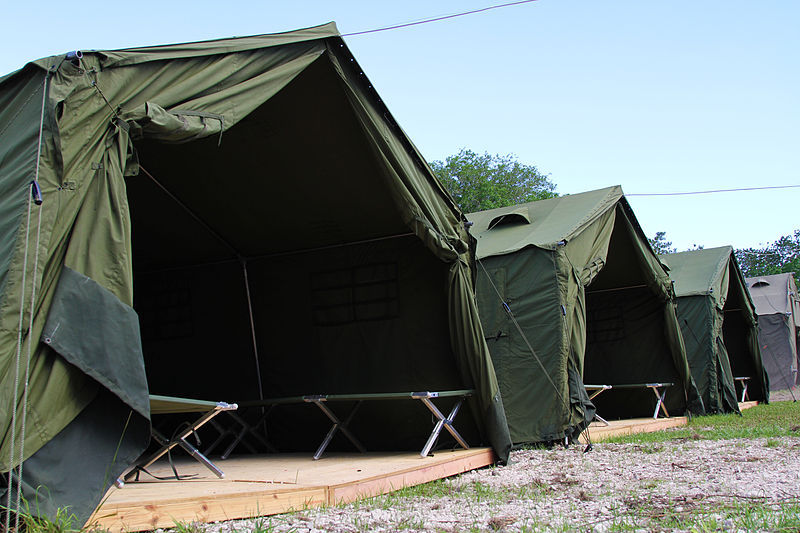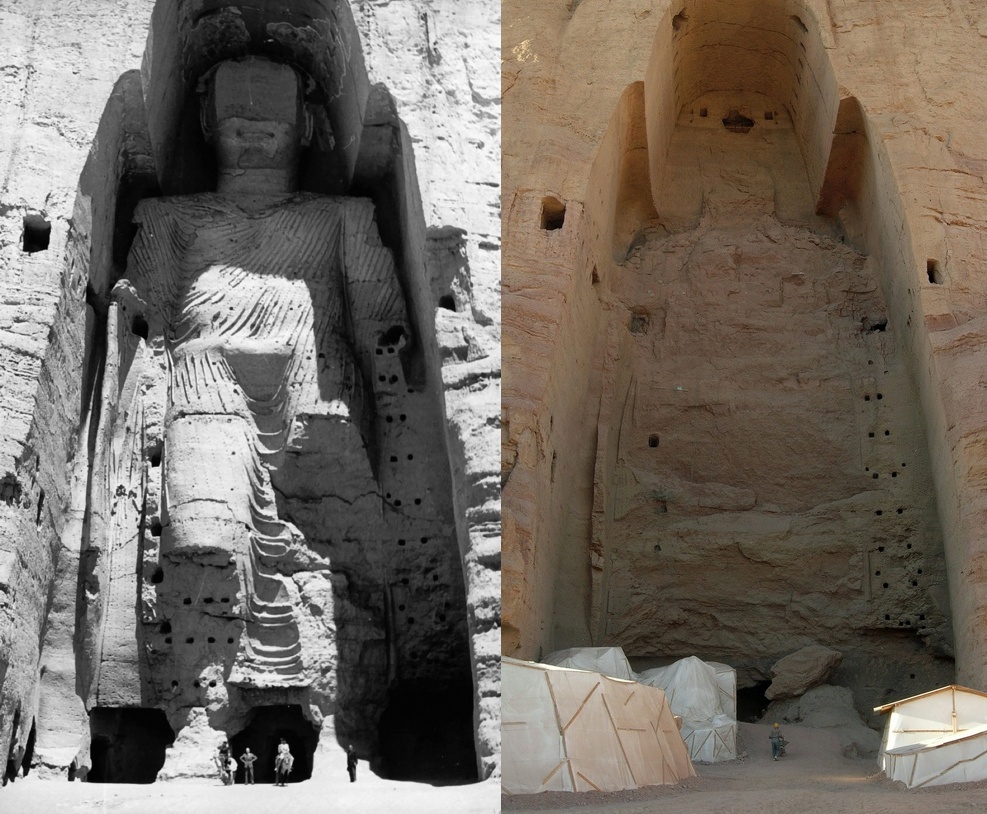U.S. President Donald Trump recently criticized a resettlement deal made by the Obama administration and the Australian government. In doing so he conflated illegal immigration and asylum seeking by claiming that the agreement would result in taking in “thousands of illegal immigrants.” The U.S.-Australian resettlement agreement was signed in November 2016 and it allows for the resettlement of 1,250 asylum-seekers currently being held in Australia’s offshore detention centres on the Republic of Nauru and Papua New Guinea.
Trump’s criticism of the deal is another setback for the asylum-seekers many of whom have been in limbo for a number of years not knowing if they would ever set foot in Australia or anywhere else safe. It also demonstrates his tendency to conflate categories. This incident came in the heels of the suspension of the U.S. Refugee Admissions program for four months and the indefinite ban on Syrian refugees, which, in turn, is a result of conflating terrorism with asylum-seeking.
Trump’s conflation is another addition to the growing list of misleading information that the President and his staff have been generating since being elected in office. Conflating illegal immigration and asylum seeking is detrimental and makes for inefficient and ineffective policymaking as it precludes the understanding of the unique issues that these groups encounter and often results in the inability to respond correctly to crises. Migrants and asylum-seekers are also legally distinct from each other from an international law perspective so they are covered by separate policies and undergo different assessment procedures. The current system also attaches different political and moral responsibilities to these categories so using them interchangeably would be problematic. This is especially critical in the current U.S. political climate where irregular migration has been more deeply politicized. Shortly after taking office, Trump signed executive orders to build a wall on the U.S.-Mexico border and with the objective of preventing individuals from traversing these borders illegally. Will this mean he would approach the deal as if asylum seekers are “illegal immigrants”? It is uncertain.
The Australian government itself is not innocent of conflating categories. It is important to note that the issues connected to its detention centres were partly caused by its long history of associating asylum seeking with organized crime. Australia is the sole country that does not let asylum seekers come in by boats inside its borders and instead directs them to other sovereign countries – a policy called the Pacific Solution. Aside from its offshore centres, there are also existing detention centres in Australian territories, which through some legal work, Australia was able to “exclude” as part of the country under its Border Protection Act. This means that if an individual reaches Christmas Island, an Australian territory, they are not considered within Australia’s borders.
The dire conditions and the alleged inhumane treatment of detained individuals have received criticisms at the national and international level. In August 2016, the Guardian released the so-called Nauru files, the largest volume of data from the detention centre in Nauru, which detailed reports of abuse and mistreatment of detained individuals. There were also questions regarding their legality. In April 2016, the UN, in relation to a complaint filed by five individuals detained in Christmas Island, it was ruled that Australia violated Articles 7 (prohibits torture or to cruel, inhumane or degrading treatment or punishment) and 9 (the right to liberty and security of person and entitlement to take proceedings before a court) of the International Covenant on Civil and Political Rights. In the same month the Supreme Court of Papua New Guinea declared the centre in Manus Island illegal and ordered its closure. A decision which conflicts with the ruling of Australia’s High Court earlier that year, which deemed them constitutionally legal.
The Prime Minister of Australia Malcolm Turnbull claimed that Trump assured him that his government would honour the resettlement deal. Trump, on the other hand, said he would look into it. Therefore nothing, including the potential impact on US-Australia relations, can be called certain at the moment.




